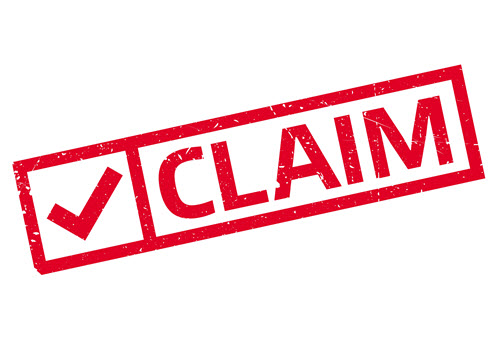The Importance of Employment Practices Liability

The world has changed dramatically in just a few short months. The true impact of COVID-19 will not be known for years to come. As business owners all over the world struggle to re-open, it is important that we continue to focus on protecting those businesses against a variety of negative forces.
The uncertainty wrought by COVID-19 has left employers at an increased risk of exposure to employment-related claims alleging wrongful termination, discrimination, retaliation and many others. Accordingly, your insurance portfolio should include Employment Related Practices Liability. Examples:
Wrongful Termination Claims:
One example is a claim that the employee was terminated for complaining about a lack of personal protective equipment. Another example would be a claim that the employee was terminated for lodging a complaint about co-workers with COVID-19 symptoms reporting to work.
Discrimination Claims:
Numerous federal and state laws protect employees from discrimination based on protected class characteristics. Laid-off or furloughed employees may bring claims under federal and state anti-discrimination laws, challenging the purported reason they were selected for an adverse employment action. Employers should be careful to use objective means when deciding which employees to lay off or furlough.
Retaliation Claims:
There have already been numerous claims that allege retaliation for objecting to unsafe working conditions and exposure to individuals with COVID-19 symptoms in the workplace. Other retaliation claims may arise out of an employee complaint that the employer wrongfully denied a request for leave.
Conclusion
These are just a few examples of the most common types of claims that may arise as a result of COVID-19. It is imperative that employers are aware of these potential issues and proceed accordingly. Moving forward, employers should consider the following:
1. Develop a return-to-work plan that contemplates federal and local safety guidance (e.g., CDC, OSHA and state health authorities) on personal protective equipment, workspace hygiene, social distancing measures and many others.
2. Consult with legal counsel when implementing (or updating) policies and procedures to ensure compliance. Ensure counsel is also present when undergoing recall, rehire and job offers, as this poses the greatest risk for multiple employment-related claims.
3. Ensure that those policies and procedures are implemented in a fair and equal manner.
4. Ensure proper communication to all employees, particularly the managers who will be
responsible for implementation.
5. Maintain the confidentiality of all medical-related information provided by employees in
compliance with federal and state guidance.
